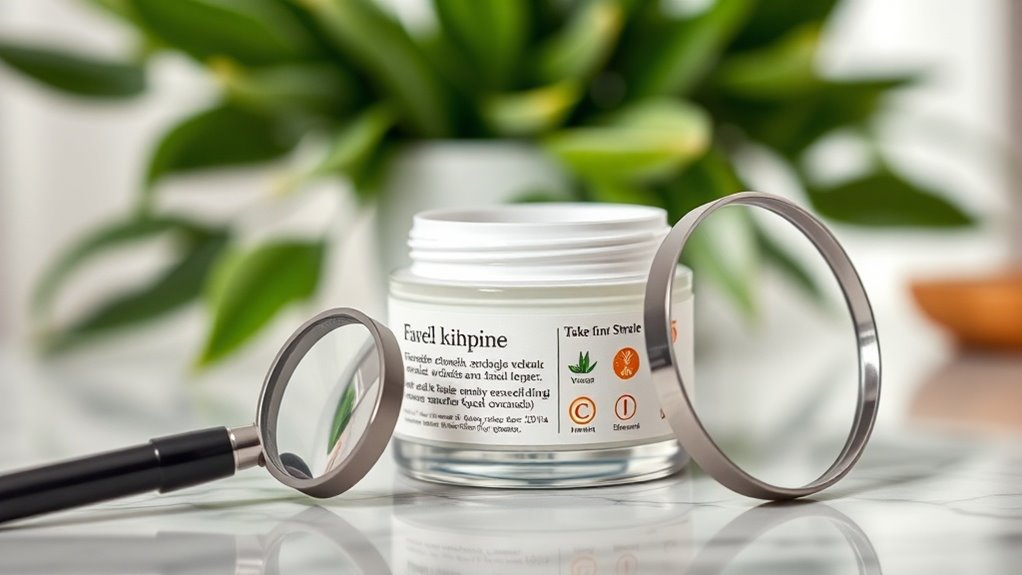The Difference Between Natural and Chemical Isn’t What You Think
The difference between natural and chemical skincare isn’t as clear-cut as you might think. “Natural” often suggests purity, but many “natural” products contain synthetics. Chemicals can offer hydration, enhance product stability, and target specific skin issues effectively. Natural ingredients aren’t always gentler; some can irritate the skin. It’s essential to evaluate ingredients based on their science and efficacy rather than their labels. You’ll discover more about effective choices for your routine as we explore this topic further.
Understanding the Terms: What Does “Natural” Really Mean?
When you hear the term “natural,” it can be easy to assume it simply means something pure and free from man-made substances.
However, the distinction in natural vs chemical skincare isn’t always clear-cut. Many products labeled as “natural” can still contain synthetic ingredients.
It’s crucial to read labels and understand the definitions to make informed skincare choices that suit your preferences and needs.
The Role of Chemicals in Skincare Products
Understanding the nuances of what’s labeled as “natural” opens the door to recognizing the significant role chemicals play in skincare products.
These substances can:
- Hydrate your skin effectively
- Enhance product stability
- Provide targeted treatment for specific issues
- Preserve regulatory safety standards
- Improve texture and absorption
Incorporating these chemicals doesn’t diminish efficacy; it often enhances your skincare experience, ensuring better results.
Debunking the Myths: Natural Isn’t Always Better
While many believe that natural ingredients are inherently superior, this notion doesn’t always hold true in skincare. Some natural components can cause irritation, while synthetics are often more stable and effective. Here’s a quick comparison:
| Ingredient Type | Pros | Cons |
|---|---|---|
| Natural | Eco-friendly, Mild | Allergenic, Shorter shelf life |
| Synthetic | Consistent, Potent | Potential irritation, Less eco-friendly |
| Herbal | Nutrient-rich | Inconsistent potency |
The Science Behind Effective Ingredients
Although many skincare products claim to be effective, the real measure of their efficacy lies in the science behind their ingredients.
You should consider:
- Molecule structure
- Absorption rates
- Potency levels
- Compatibility with your skin type
- Clinical research backing
These factors determine how well an ingredient can deliver results, ensuring you choose products that genuinely benefit your skin.
Making Informed Choices for Your Skin Care Routine
How can you effectively tailor your skincare routine to suit your unique needs?
Start by assessing your skin type—whether it’s oily, dry, or sensitive.
Research ingredients suited for your concerns, like hyaluronic acid for hydration or salicylic acid for acne.
Always patch-test new products and listen to your skin’s reactions.
Prioritize quality over labels, and don’t hesitate to adjust as needed.





